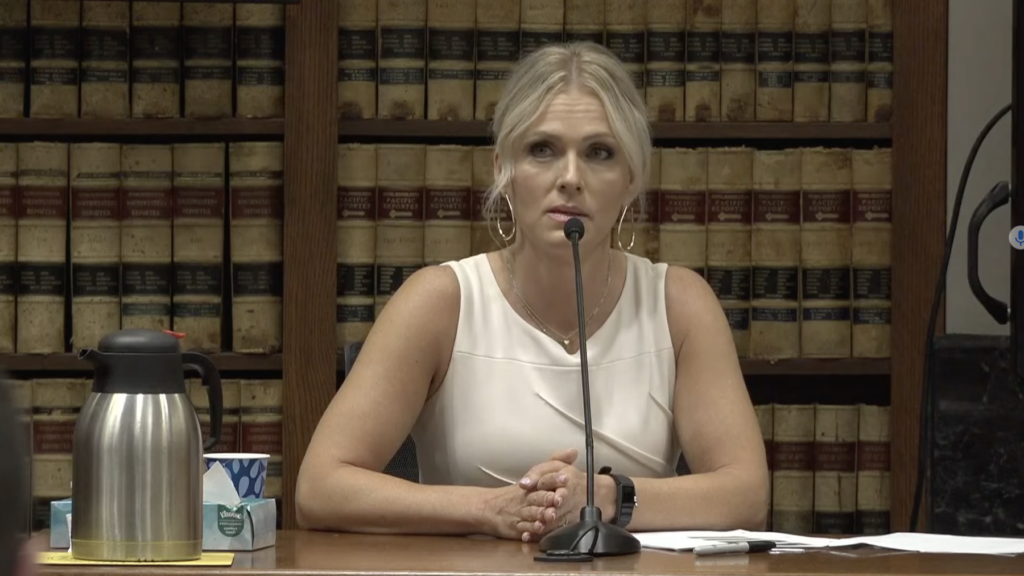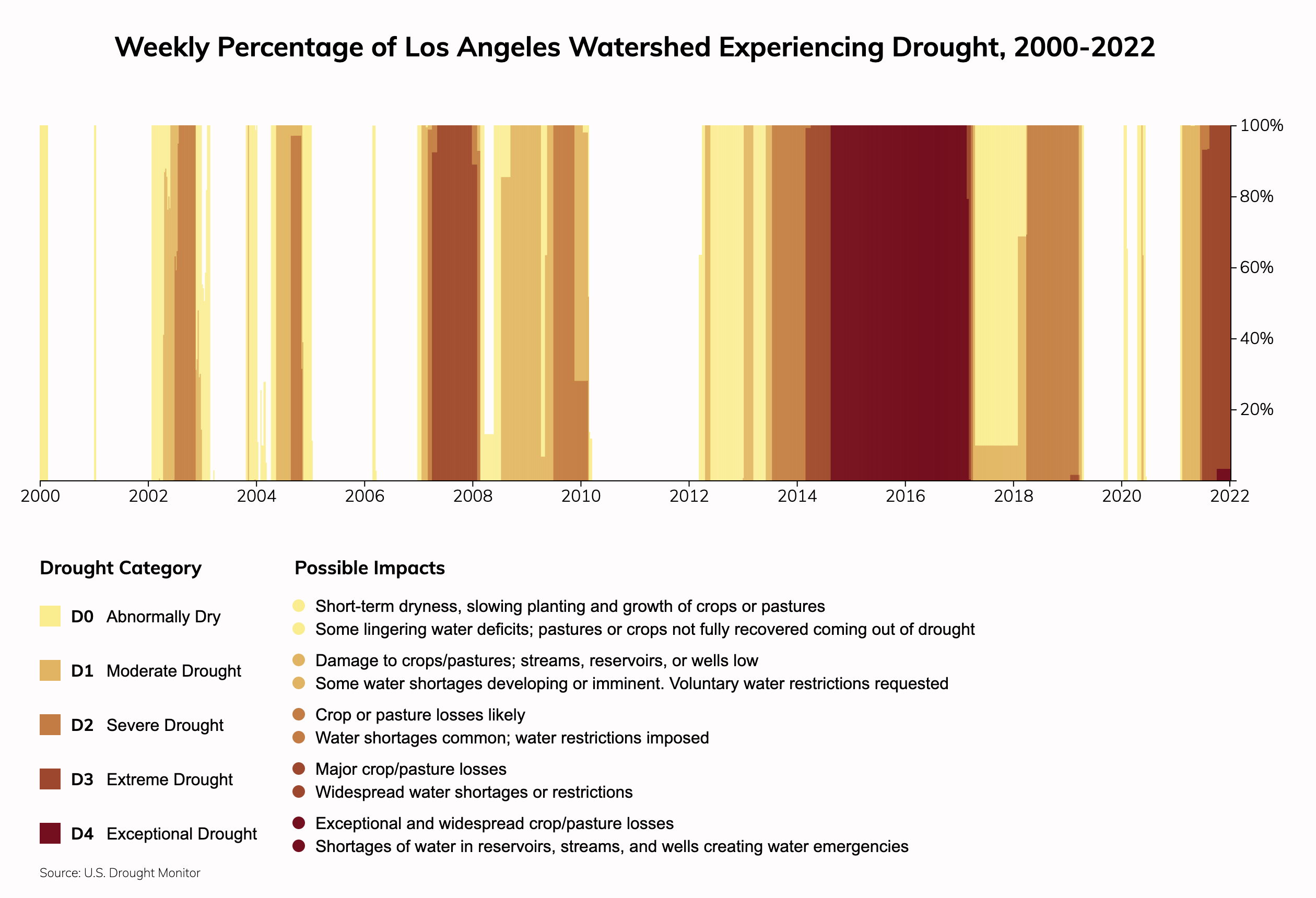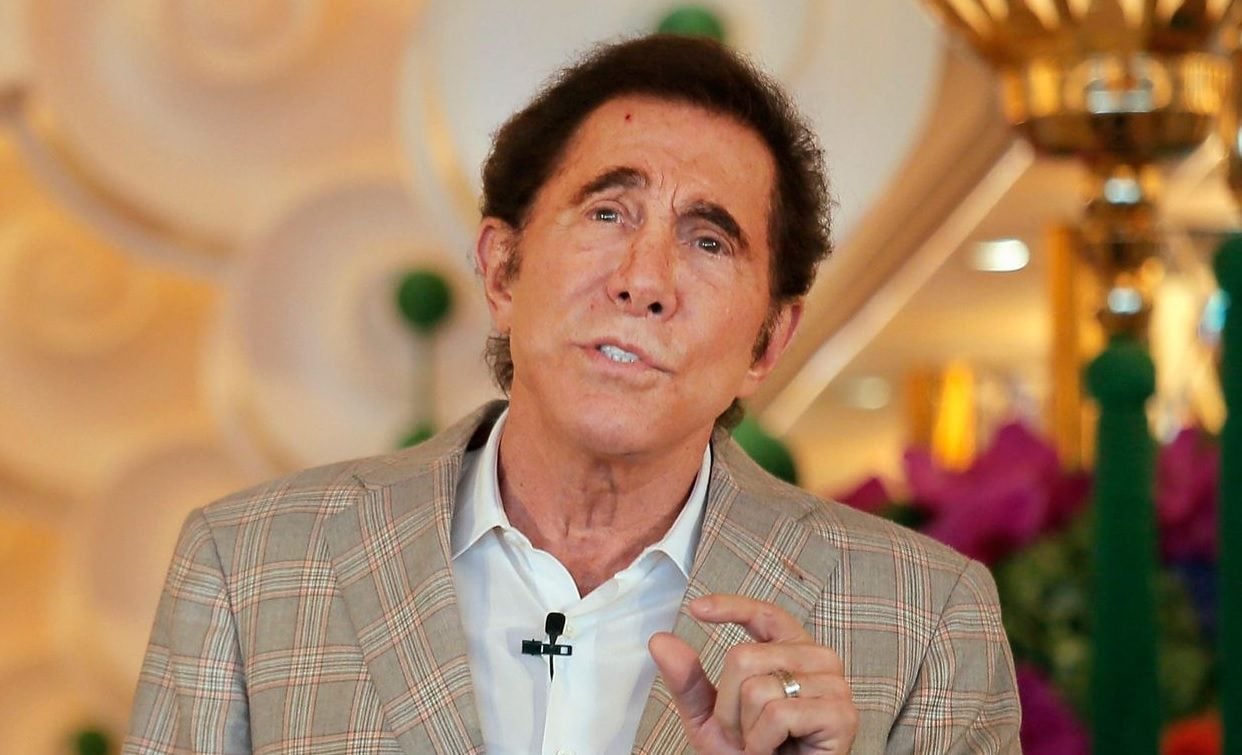Meta's Monopoly Trial: FTC Concludes Case, Defense Begins

Table of Contents
The FTC's Case Against Meta
The FTC's antitrust lawsuit against Meta centers on accusations of anti-competitive behavior, primarily focusing on Meta's acquisition of Instagram and WhatsApp. The commission argues that these acquisitions, along with other practices, have allowed Meta to maintain its monopoly power in the social networking market, stifling competition and harming consumers.
-
Detailed summary of the FTC's allegations regarding Meta's acquisition of Instagram and WhatsApp: The FTC alleges that Meta acquired Instagram and WhatsApp not to foster innovation, but to eliminate nascent competitors that posed a threat to its dominance in the social media landscape. The argument is that these acquisitions prevented the emergence of viable alternatives and solidified Meta's monopolistic grip on the market.
-
Evidence presented by the FTC to support claims of monopolistic practices: The FTC presented extensive evidence, including internal Meta communications, market share data, and expert testimony, to support its claims. This evidence aimed to demonstrate that Meta actively sought to eliminate competition through acquisitions and other strategic moves.
-
Key arguments presented by the FTC regarding market dominance and stifling of competition: A key argument revolves around Meta's alleged use of its market power to leverage data sharing between its platforms, giving its own services an unfair advantage. The FTC also highlighted how Meta allegedly limited the interoperability of its platforms with competitors.
-
Specific examples of alleged anti-competitive conduct: Specific examples cited by the FTC include claims of preferential treatment given to Meta's own products within its app ecosystem and allegations of data sharing practices that disadvantaged competing social media platforms.
Meta's Defense Strategy
Meta's defense strategy is expected to focus on refuting the FTC's claims by emphasizing a competitive market, highlighting its innovative practices, and emphasizing the consumer benefits derived from its services. They will likely argue that the acquisitions were pro-competitive and spurred innovation.
-
Expected counterarguments to the FTC's accusations: Meta's defense will likely argue that the social media market is highly dynamic and competitive, with numerous players vying for users' attention. They will attempt to show that acquisitions of Instagram and WhatsApp were necessary to stay ahead in a rapidly evolving market.
-
Emphasis on the benefits Meta's services provide to consumers: Meta will likely stress the free and widely used nature of its services, emphasizing the numerous benefits these platforms provide to users worldwide.
-
Defense of acquisitions as pro-competitive and beneficial to innovation: Meta's legal team will likely argue that the acquisitions facilitated innovation and integration, ultimately benefiting consumers.
-
Highlights of Meta's legal strategy and anticipated lines of defense: A significant part of Meta's defense will involve challenging the FTC's definition of the relevant market, arguing that it is broader and more competitive than the FTC suggests. They will also likely challenge the FTC's interpretation of evidence.
Key Witnesses and Testimony
The Meta Monopoly Trial will feature key witnesses from both sides, offering crucial testimony impacting the case's outcome. Expert witnesses providing industry analysis and market valuation will play pivotal roles.
-
List key witnesses for the FTC and Meta: The FTC will likely call expert witnesses specializing in antitrust law, economics, and market analysis. Meta will present its own experts to counter these claims and offer a different interpretation of the data.
-
Briefly describe their anticipated testimony: The FTC witnesses will aim to solidify the claims of anti-competitive behavior, while Meta's witnesses will aim to debunk these claims.
-
Highlight the importance of their testimony to the overall case: The credibility and persuasiveness of the expert witnesses will be crucial in influencing the judge's decision.
Potential Outcomes and Implications
The outcomes of the Meta Monopoly Trial could significantly impact the tech industry and consumers. Potential penalties could include substantial fines, structural remedies like forced divestitures of Instagram or WhatsApp, or behavioral remedies that limit Meta's future actions.
-
Potential penalties Meta could face, including fines and structural remedies: Depending on the judge's ruling, Meta could face massive fines or even be forced to divest itself of acquired companies like Instagram and WhatsApp.
-
Possible impacts on the competitive landscape of social media: A ruling against Meta could reshape the social media landscape, opening the door for greater competition and potentially fostering innovation from smaller players.
-
Broader implications for antitrust law and regulation of Big Tech: This case sets a precedent for future antitrust actions against large tech companies. The outcome will influence how regulators approach the power and practices of Big Tech firms.
Conclusion
The Meta Monopoly Trial is a landmark case with far-reaching implications for the future of the tech industry. The FTC's case has highlighted concerns about Meta's dominance and potential anti-competitive practices. The upcoming defense phase will be crucial in determining the outcome. The resolution of this Meta Monopoly Trial will significantly impact the regulatory landscape, shaping the future of competition and innovation in the social media sector. To stay updated on the latest developments in this crucial case, continue to follow this space for further analysis and updates on the Meta Monopoly Trial and its implications for the future of social media and antitrust law.

Featured Posts
-
 Are We Normalizing Disaster The Implications Of Betting On The Los Angeles Wildfires
May 18, 2025
Are We Normalizing Disaster The Implications Of Betting On The Los Angeles Wildfires
May 18, 2025 -
 Rising To The Occasion Shohei Ohtanis Impressive 2 Run Home Run In Japan
May 18, 2025
Rising To The Occasion Shohei Ohtanis Impressive 2 Run Home Run In Japan
May 18, 2025 -
 The Kardashian Censori West Feud A Deeper Look
May 18, 2025
The Kardashian Censori West Feud A Deeper Look
May 18, 2025 -
 Dumbos Brooklyn Flea Secures Archway Plaza Spot Until 2027
May 18, 2025
Dumbos Brooklyn Flea Secures Archway Plaza Spot Until 2027
May 18, 2025 -
 Teslas Legal Maneuvers Defending Against Shareholder Lawsuits Post Musk Compensation
May 18, 2025
Teslas Legal Maneuvers Defending Against Shareholder Lawsuits Post Musk Compensation
May 18, 2025
